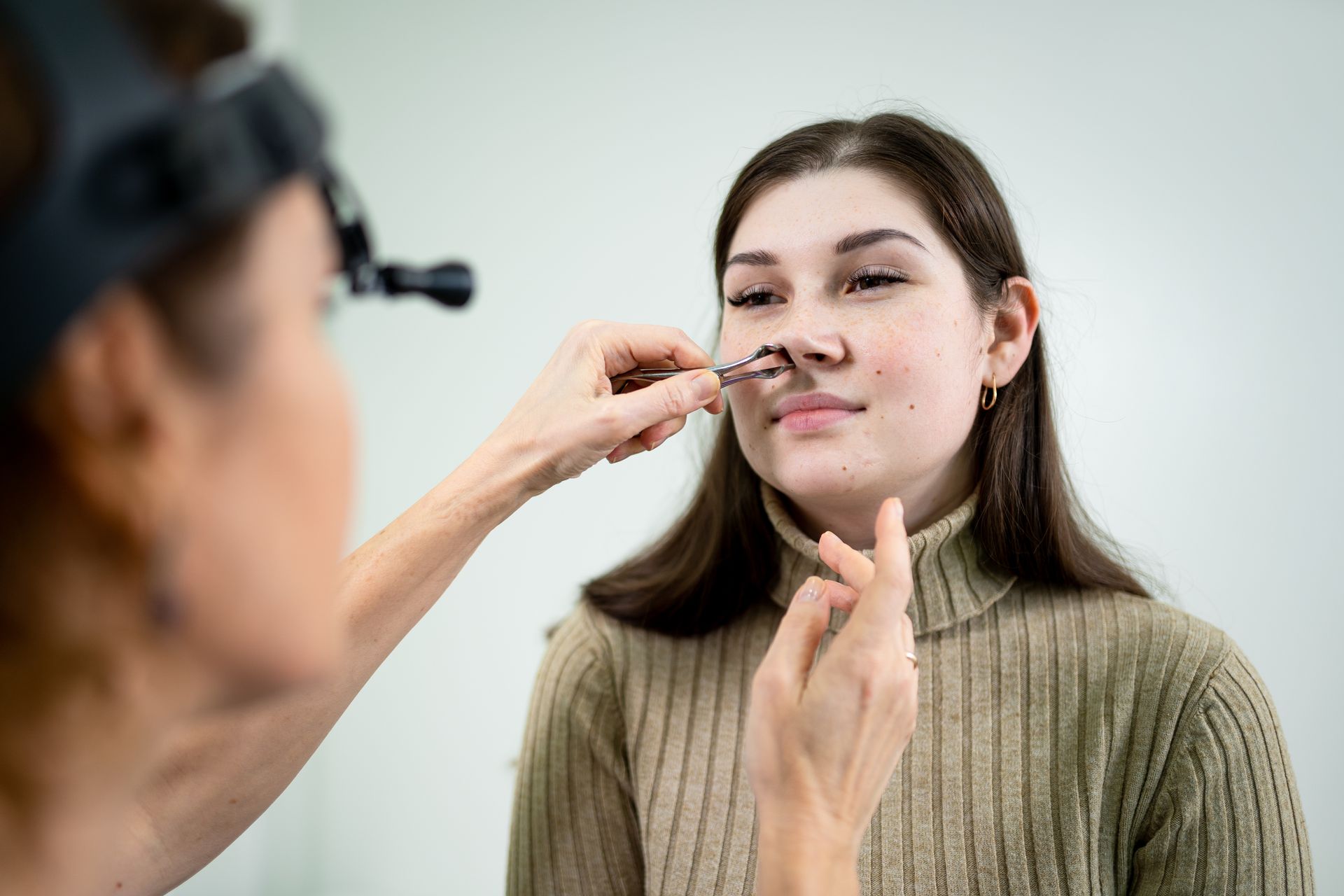What Causes Snoring and How to Stop It
Are you or someone you know dealing with snoring, awakening often during sleep, or gasping for air?
Snoring affects almost 50% of adults, and around 25% of them are habitual snorers. It is more common in males and overweight individuals, and tends to worsen with age. Continue reading to discover the causes, solutions, and surgical interventions for severe cases of snoring.
What is snoring?
Snoring occurs when airflow is partially blocked during sleep, resulting in vibrations in the throat and nasal passages. It can range from mild to loud, can be disruptive, and can affect both the snorer and their bed partner. While occasional snoring is common, chronic and excessive snoring may indicate an underlying health issue that should be addressed.
Common Misconceptions about Snoring
There are several misconceptions surrounding snoring. It is not limited to overweight individuals and can affect people of all body types. Snoring can also impact anyone, regardless of age or gender. Additionally, snoring is not always harmless and can be a symptom of underlying health issues. It is important to recognize that snoring should be taken seriously and addressed to prevent potential health complications.
Causes of Snoring
Snoring can be caused by various factors, including:
- Obstructed Airways: When the nasal passages are blocked or inflamed due to allergies, colds, or sinus infections, it becomes harder to breathe through the nose. This forces air to flow through the mouth, resulting in snoring.
- Sleep Position: Sleeping on your back can lead to relaxation of the throat muscles, causing them to narrow the airway and trigger snoring.
- Age and Physical Factors: As we age, muscle tone in the throat and tongue weakens, making them more prone to collapse during sleep. Also, excess weight can lead to fat accumulation around the throat, which narrows the airway and causes vibrations during breathing. Additionally, structural issues such as a long uvula or enlarged tonsils can obstruct the airway and lead to snoring. Alcohol consumption and smoking can also contribute to snoring.
- Sleep Apnea: Snoring can be a symptom of obstructive sleep apnea (OSA), a serious condition where breathing repeatedly stops and starts during sleep.
Solutions for Snoring
To help reduce or stop snoring, here are some tips:
- Maintain a healthy weight and exercise regularly.
- Sleep on your side instead of your back. Also, elevate the head of your bed or use a thicker pillow to keep your airways open.
- Avoid alcohol, sedatives, and heavy meals before bedtime.
- Keep your bedroom environment clean and free from allergens.
- Stay hydrated throughout the day to prevent nasal congestion.
- Use nasal strips or nasal dilators (nasal cones) to help keep your nasal passages open.
- Treat the underlying conditions. If allergies or sinus issues contribute to snoring, seek proper treatment from an allergist or ENT specialist.
- Consider using an anti-snoring device, such as a mouthguard or CPAP machine (for sleep apnea), if recommended by a healthcare professional.
Seek medical evaluation. If snoring persists despite lifestyle changes, consult a healthcare professional to rule out underlying conditions like sleep apnea.
Surgical Interventions for Severe Cases
In severe cases of snoring, surgical interventions may be necessary. These interventions aim to correct any structural abnormalities in the airway that contribute to snoring. Some common surgical procedures include:
- Uvulopalatopharyngoplasty (UPPP): This surgery involves removing excess tissue from the throat, including the uvula and parts of the soft palate.
- Tonsillectomy: Removing large obstructive tonsils can created more space at the back of the mouth.
- Septoplasty: This surgery involves correcting a crooked septum inside the nose to all better airflow.
These surgical interventions should be discussed with a healthcare professional to determine the most suitable option based on individual circumstances.
Remember, while medical treatments can provide relief for snoring, it is essential to address the underlying causes such as obesity, allergies, or sleep position. Consulting with a healthcare professional can help identify the root cause and suggest appropriate treatment options.
Conclusion
Snoring can significantly impact your sleep quality and overall well-being. By understanding the causes and implementing appropriate solutions, you can effectively reduce snoring and enjoy restful nights. Persistent snoring may indicate an underlying health issue, so seeking medical advice is essential for proper diagnosis and treatment.
Don't let snoring disrupt your life! If you have questions or need assistance, contact us and our experts will be able to assist. At Kentuckiana ENT, we've partnered with ENT Care Centers to give you better care that's always comprehensive and ever compassionate in Louisville, KY and Jeffersonville, IN.













